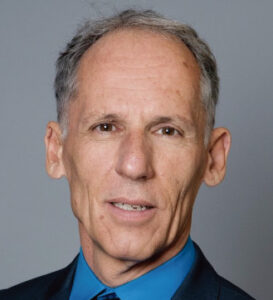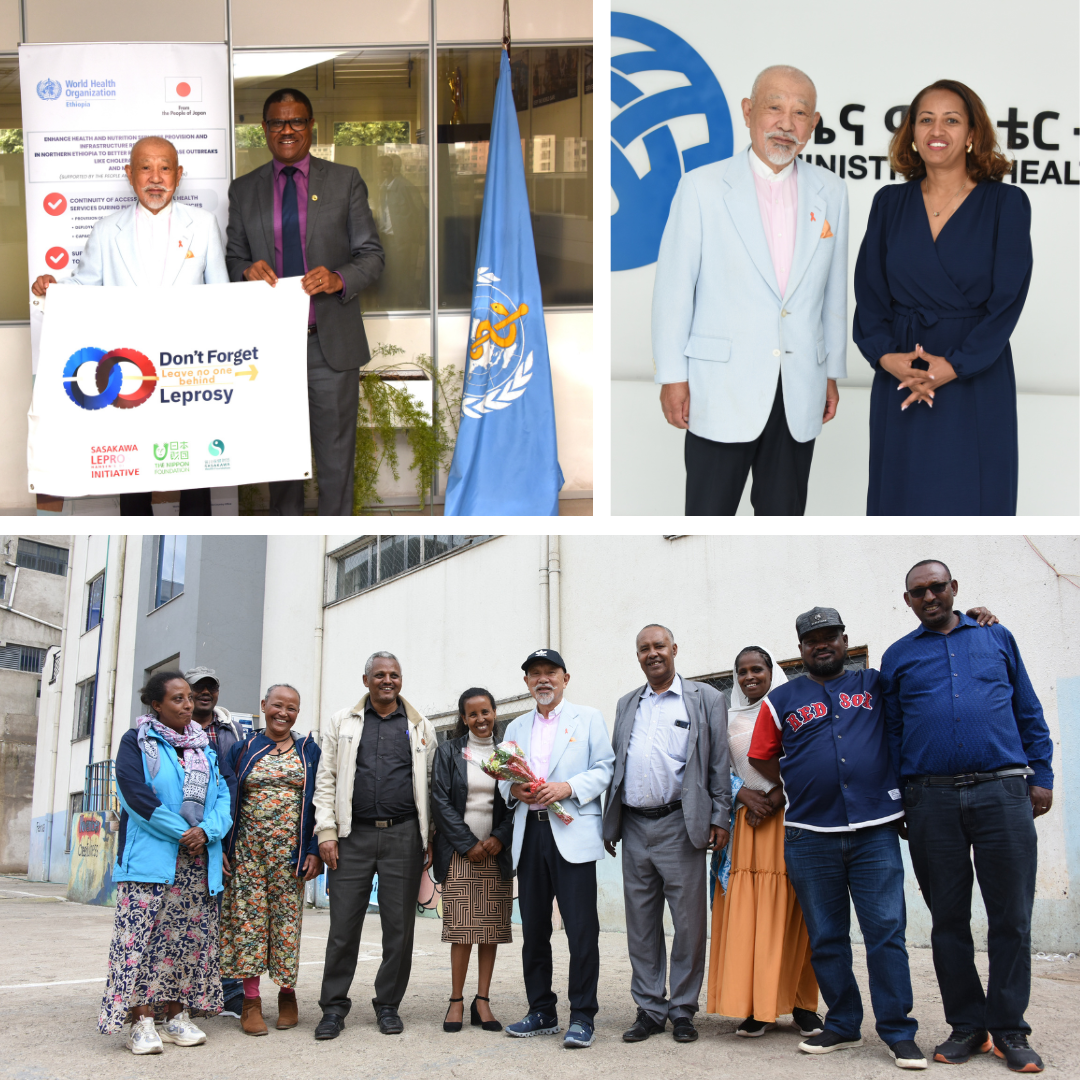Geoff Warne
Chief Executive Officer
International Federation of Anti-Leprosy Associations (ILEP)
ILEP is a consortium of non-governmental organizations spanning more than 60 countries that work together to realize a world free from leprosy.
https://ilepfederation.org
One of ILEP’s key goals is to reduce to zero the number of countries with legislation allowing discrimination on the basis of leprosy. ILEP’s database of discriminatory laws lists details of all known laws that still exist and discriminate against persons affected by leprosy and their family members. Additionally, ILEP and its member associations are at the forefront of lobbying for change, working at various levels, both within countries and internationally, to advocate for the abolition of discriminatory laws and encourage a rights-based and inclusive approach to leprosy.
The ILEP database is a useful resource for countries and organizations interested in advocating for the rights of persons affected by leprosy. The initial research, conducted in 2016, identified discriminatory legislation by analyzing information from several sources, including responses to the Human Rights Council Advisory Committee questionnaire on implementation of the UN Principles and Guidelines; reports and working papers prepared by/for the Advisory Committee; the Law Commission of India report on eliminating discrimination against persons affected by leprosy; ongoing projects and initiatives within ILEP; Internet databases; and published case studies.
Since then, the database is regularly reviewed and promptly updated as new information becomes available from ILEP country representatives, National Leprosy Programme Managers, the WHO global leprosy update, and other sources. The annual review process serves as a prompt, reminding people to act against these laws.
As of August 2021, the ILEP database includes 130 discriminatory laws grouped under six themes: segregation/separation (77); employment (25); immigration (10); marriage/divorce (7); voting (6); and public transport (5). Most of these laws (100) were identified in India. The others are distributed across the rest of Asia (16); Americas (7); Africa (5); Europe and Oceania (1 each). Some laws are a result of the unjust policies of segregation that were implemented in the past and others are more recent; all are offensive and need to be repealed or amended. It is important to note that the database only contains officially published legislation and does not include any informal practices or regulations that discriminate against persons affected by leprosy and their family members.
With regards to India, successful advocacy and lobbying by ILEP and its members has led to the repeal or amendment of 20 discriminatory laws since 2018. ILEP member The Leprosy Mission has taken the lead through its efforts for policy-based interventions. These include its contribution to the development of The Rights of Persons with Disabilities Act, 2016; a model draft legislation Eliminating Discrimination against Persons Affected by Leprosy (EDPAL) Bill, 2015; and The Rights of Persons Affected by Leprosy and Members of their Family (Protection against Discrimination and Guarantee of Social Welfare) Bill, 2017.
At the international level, ILEP actively supports the mandate and advocacy efforts of the UN Special Rapporteur on the elimination of discrimination against persons affected by leprosy and their family members. Additionally, through its statements, submissions, and briefings to the UN Convention on the Rights of Persons with Disabilities (CRPD) Committee , the UN Convention for the Elimination of all forms of Discrimination Against Women (CEDAW) Committee, and the Universal Periodic Review process of the Human Rights Council, ILEP continuously highlights the existence of discriminatory laws and calls for their repeal. Recently, The Leprosy Mission and Effect Hope (The Leprosy Mission Canada) have co-organized a petition calling for the repeal of all remaining discriminatory laws. This will be presented to the Human Rights Council in September, coinciding with the report by the Special Rapporteur to the UN General Assembly.
ILEP and its members recognize that tackling discrimination goes far beyond the need to repeal or amend discriminatory laws, as they are simply a visible representation of the daily injustices experienced by persons affected in their communities. Through ongoing research, local and international advocacy, and community-based programmes, we also work towards ensuring the rights of persons affected and their family members, promoting their inclusion, and reducing all forms of leprosy-related stigma and exclusion.





